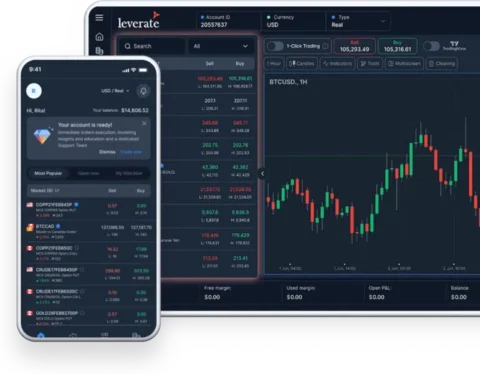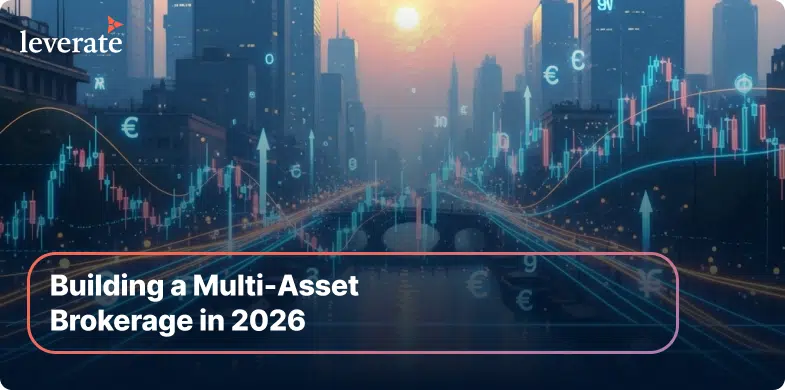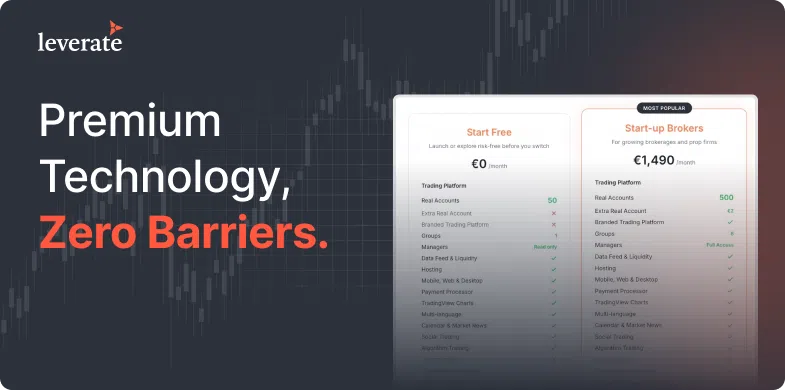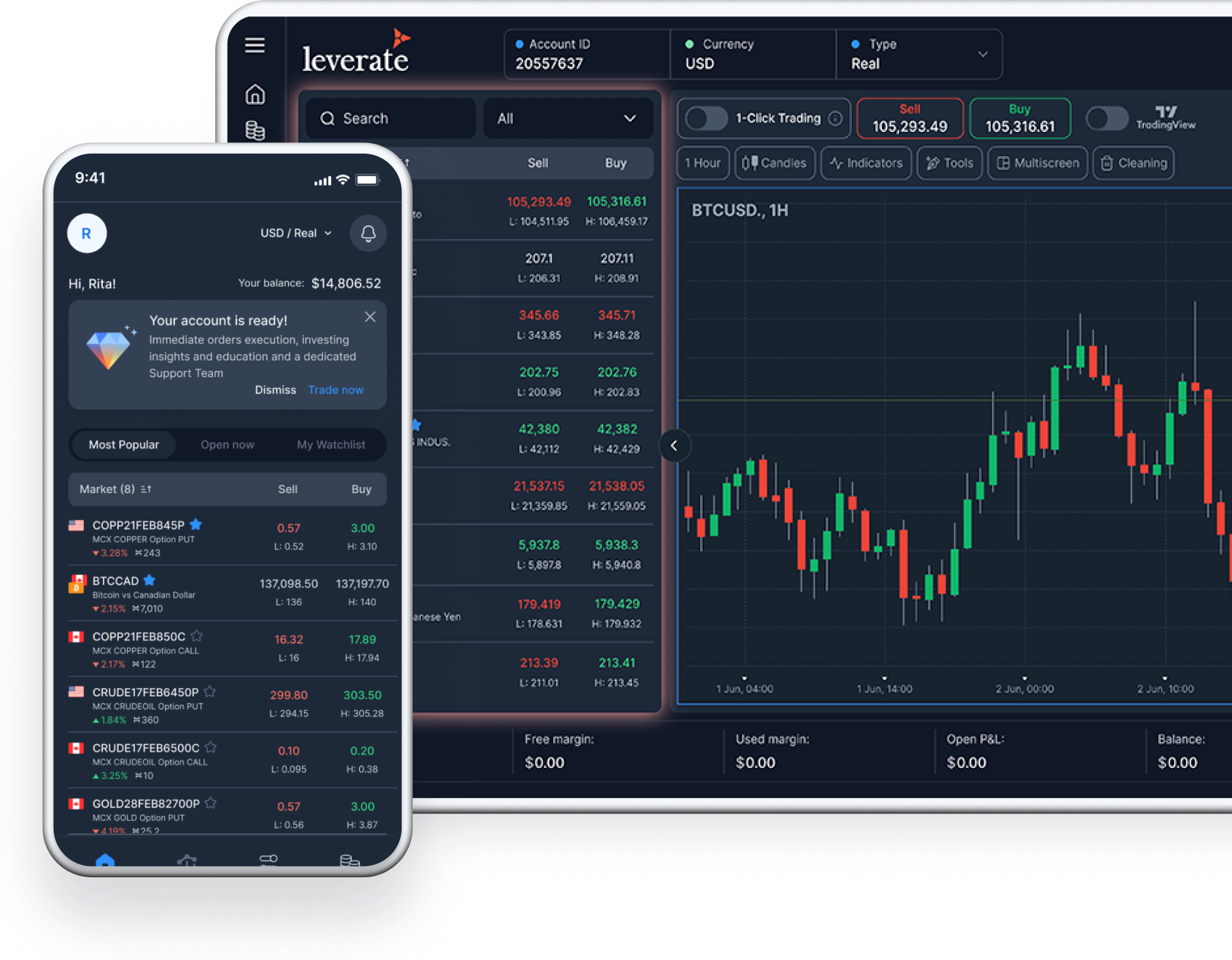
Labuan, like many regulated financial jurisdictions, is an island. It is technically a Federal Territory of the country of Malaysia and is an independent tax haven which is quite attractive to many multinational financial enterprises including FX/CFD/Crypto brokers. The territory cannot technically be referred to as an “offshore” jurisdiction as business owners cannot take advantage of a 0% corporate tax rate. Labuan is, therefore, regarded as a “mid-shore” jurisdiction where the rate is higher than 0%.
The basic rate of corporate tax for Labuan corporations is only 3% which is still attractive to much of the world’s international finance. Mid-shore jurisdictions typically offer a balance between tax efficiency and regulatory compliance, making them an attractive option for certain types of businesses and individuals, especially in the field of finance and energy. For example, the white-label FX/CFD/Crypto broker might find Labuan an ideal jurisdiction because a major license, like FCA, CySEC, or ASIC, may be out of reach financially.
The flexibility, and the absence of the stigma of offshore areas, make mid-shore the perfect place to operate while maintaining easy access to banking and the interface with international finance.
While it’s difficult to predict the future with certainty, it is however impossible to not see that mid-shore jurisdictions will play (and are already playing) an increasingly important role in the world of finance and international business. As regulatory and tax regimes around the world become more stringent, many businesses and individuals may seek out jurisdictions that offer a balance between tax efficiency and regulatory compliance. At the same time, the increasing global scrutiny of offshore jurisdictions may lead to greater demand for mid-shore jurisdictions as a more transparent and reputable alternative.
Arguably, the Money Broker License (MBL) from the Labuan Financial Services Authority is the most prestigious and credible outside of the major centers. Many FX/CFD/Crypto brokers would prefer this type of license, as opposed to an offshore license but, like anything, there are pros and cons to the Labuan license.
The Benefits of the Labuan MBL
One of the most attractive features of the Labuan license is the “sandwich” concept of FX, CFDs, and Cryptocurrencies under one license. The Labuan FSA calls it a “digital wrapper”. This allows the broker or white-label broker to offer crypto CFDs as well as the ability to open and operate a cryptocurrency exchange. Most other jurisdictions offer crypto capabilities but at extra cost (sometimes at an exorbitant cost!) This feature is a bigger benefit than it appears on the surface as the overheads and substance requirements can be allocated to one license, not two, saving tens of thousands in costs every year. Generally, ongoing costs are often less than most offshore license requirements as Labuan has a very low cost of living and operation of a business.
Another huge benefit of the Labuan license is the ease of opening a corporate bank account and a segregated client funds account with one of SE Asia’s largest high-street banks, Maybank. More and more, banks are not accepting broker clients from smaller jurisdictions so banking access is a major bonus with this MBL.
As most FX/CFD/Crypto brokers know, obtaining a license from the three major jurisdictions restricts the leverage offered to clients, depending on the asset class. A Labuan-licensed white-label broker may offer 1:100 right across the board with no restriction on the asset class. The only restrictions would be those from the liquidity provider.
The Downsides of the Labuan MBL
Speaking of liquidity providers, these are of critical importance as the B-book or market-making business model is not allowed under the Labuan regulation. Also, some CFDs like indices are prohibited.
We mentioned above about the access to banking facilities, but the process can only be started after conditional approval by the regulator. This process can take many months, therefore, the banking requirement, which is critical for any FX/CFD/Crypto broker, will not come to fruition until near the end of the project.
The initial costs for the Labuan MBL are higher than off-shore licenses and the capital reserve requirement may be considered high as only an A-book straight-through-processing (STP) business model is allowed.
Banking in Other Jurisdictions
This is an area worth investigating! Suppose a white-label FX/CFD/Crypto broker can afford the wait time. In that case, the Labuan MBL can provide superior banking facilities which can lead to other services like payment agencies, PSPs, and other services at the institution’s low-risk or medium-risk rates of fees and transactions. On the contrary, a Mauritius license will afford broker banking facilities much quicker as the banking applications are realized in parallel with the license application. At the other end of the spectrum is the Seychelles where some brokers have complained of waiting one year to open a corporate bank account.
As we always say, do your homework!



















